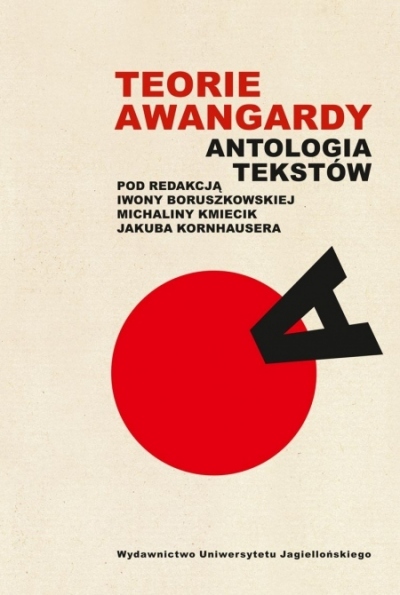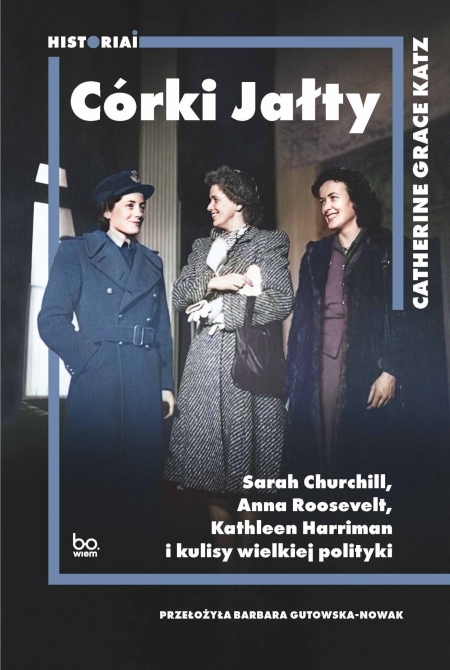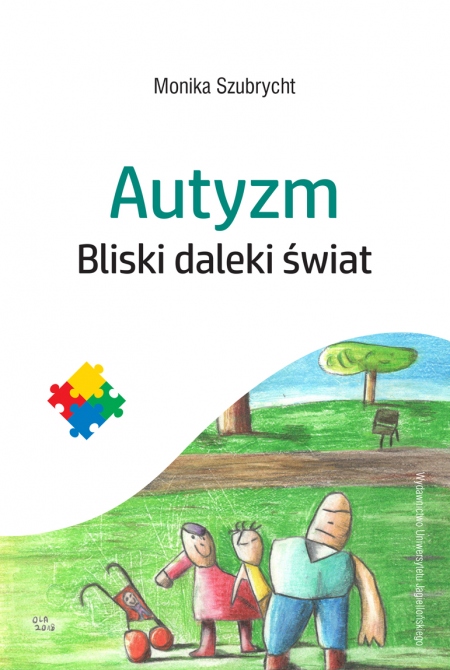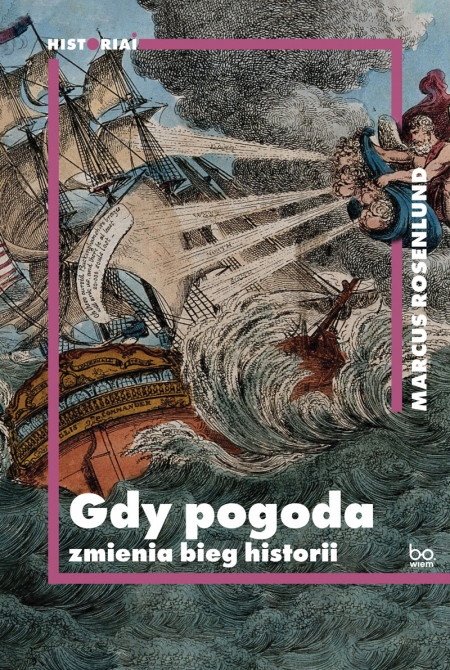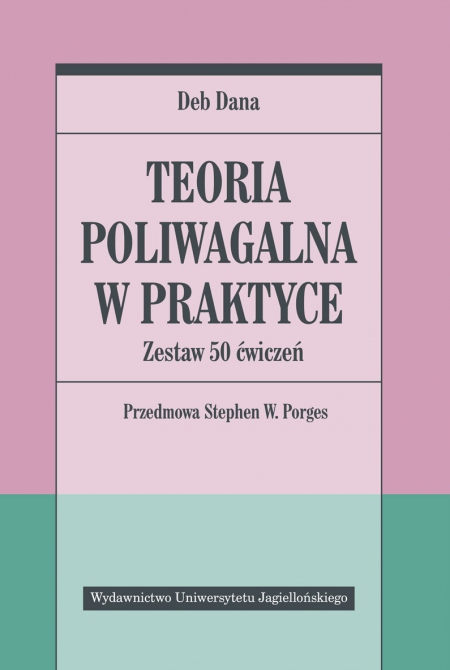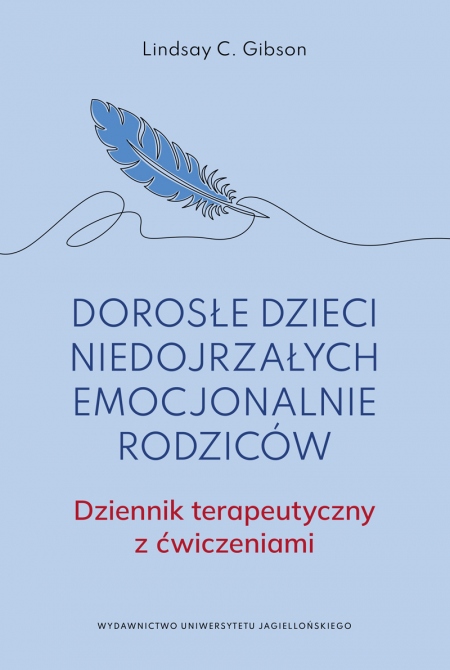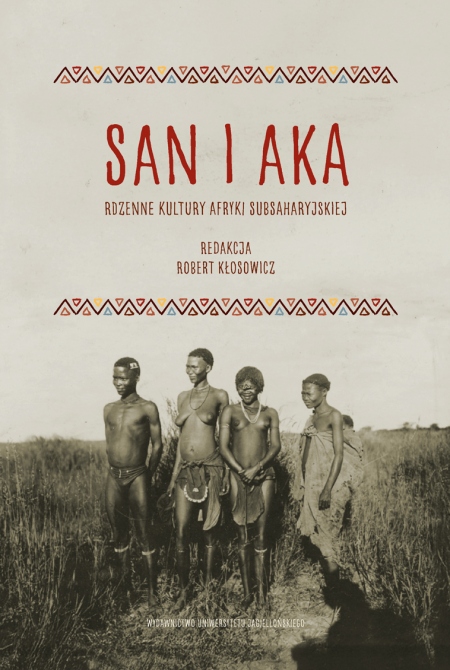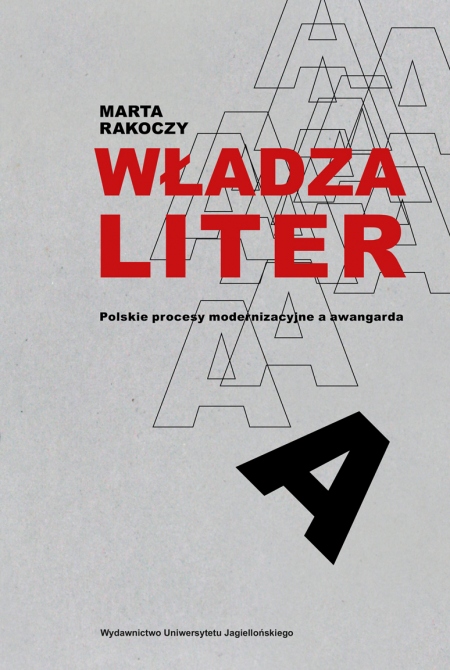
Władza liter
Polskie procesy modernizacyjne a awangarda
Series: Awangarda / Rewizje
Pages: 354
Book format: 15,8x23,5 cm
Publication date: 2022
Release date: 30.09.2022
E-book publication date: 28.02.2023
Book description
In the Second Republic, learning to write and read was supposed to be a tool for the modernization and emancipation of the uneducated classes on the one hand, and the creation of a linguistically standardized national culture on the other. In many discourses of the time, illiteracy was equated with "darkness" and a threat to social life, while the written word was equated with civilization and participation in public life. In the book Power of Letters, I consider how these beliefs were processed and parodied by the Polish avant-garde, especially the Warsaw Futurists.
ISBN: 978-83-233-5135-1
e-ISBN (pdf): 978-83-233-7347-6
Country of producer: Poland
RECOMMENDED BOOKS
NEW BOOKS

Choose chapters to buy:
Order value:
0.00 zł
